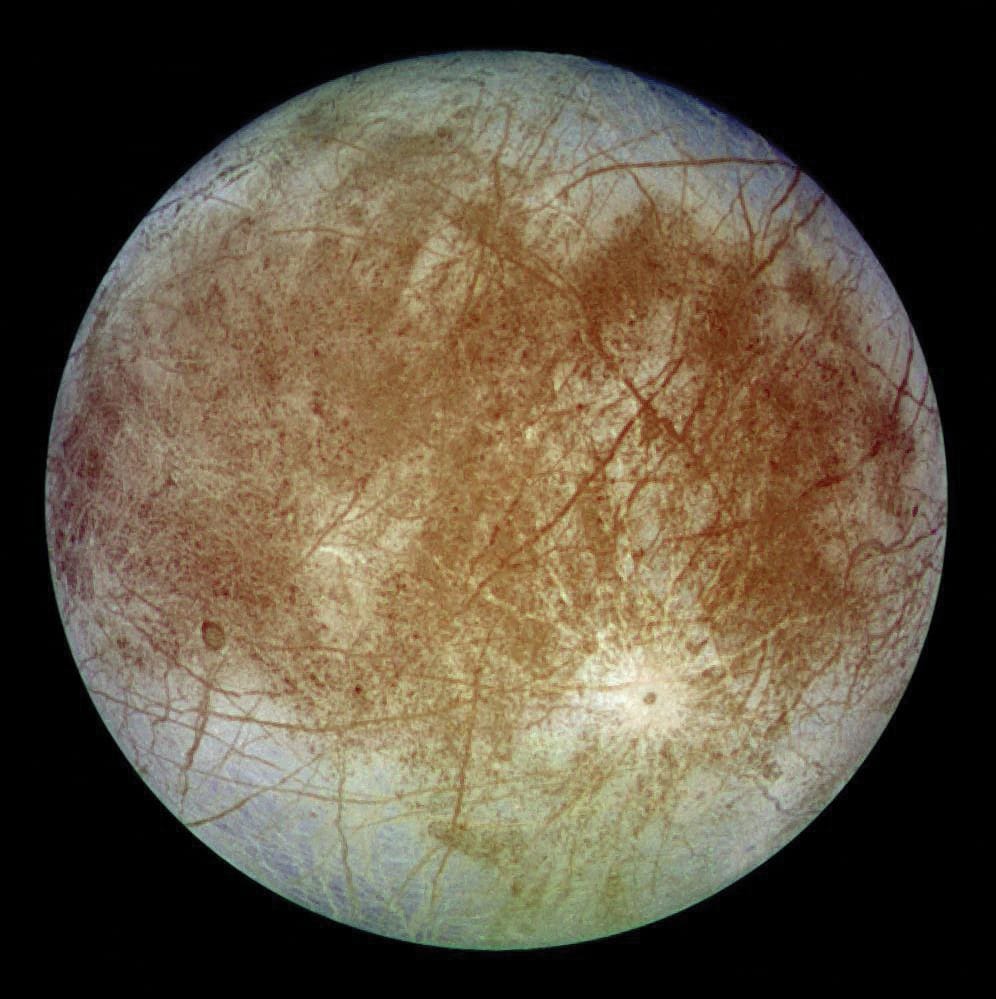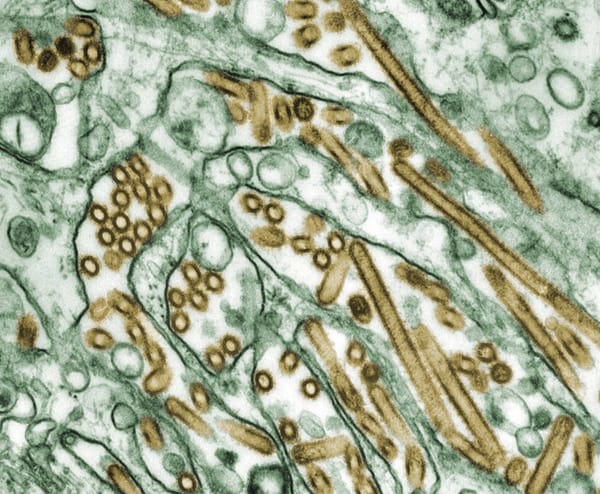Green light for JUICE-y space mission
Billion euro mission to Jupiter to launch in 2022

The European Space Agency (ESA) is to lead a billion-euro mission to Jupiter and its icy moons. The Jupiter Icy Moons Explorer (JUICE) spacecraft is scheduled to launch in 2022, arriving in the Jupiter system in 2030.
A five-tonne satellite will be sent out to Jupiter in order to make a series of close measurements of the giant planet and three of its moons: Ganymede, Callisto and Europa. The satellite, packed with instruments, will take eight years to reach Jupiter, spend another three years studying the system before crashing into the surface of Ganymede.
UK researchers including Professor Michele Dougherty of Imperial College, lead scientist of the JUICE mission, played a central role in gaining approval for the mission. The JUICE concept was chosen over two other ideas, NGO, which would place three high-precision satellites in space to detect gravitational waves, and Athena, which would see the creation of the largest X-ray telescope ever built.
Ganymede, Callisto and Europa are all suspected to harbour deep oceans of water below their icy crusts which could be conducive to microbial life. To investigate whether Jupiter and its moons could provide habitable environments, JUICE will study the stormy atmosphere of Jupiter and its magnetic and charged particle environment.
However, the main focus will be on Ganymede, the solar system’s largest moon which is 8% larger than the planet Mercury. JUICE will make close measurements of the surface, sub-surface, magnetic and plasma environment of the giant moon. Multiple flybys of Callisto and two flybys of Europa will also be performed.
Professor Dougherty said, “There are four conditions required for life to form. You need water; you need an energy source – so the ice can become liquid; you need the right chemistry – nitrogen, carbon, hydrogen; and the fourth thing you need is stability – a length of time that allows life to form.
“The great thing about the icy moons in the Jupiter system is that we think those four conditions might exist there, and JUICE will tell us if that is the case.”
The final budget for JUICE is expected to be approximately 1.1bn euros. This includes the cost of manufacturing the spacecraft, launching the satellite and operating it until 2033 and JUICE’s eleven instruments.
The ESA Science Study Team for JUICE includes researchers from Imperial, Oxford University, University of Leicester and UCL.








